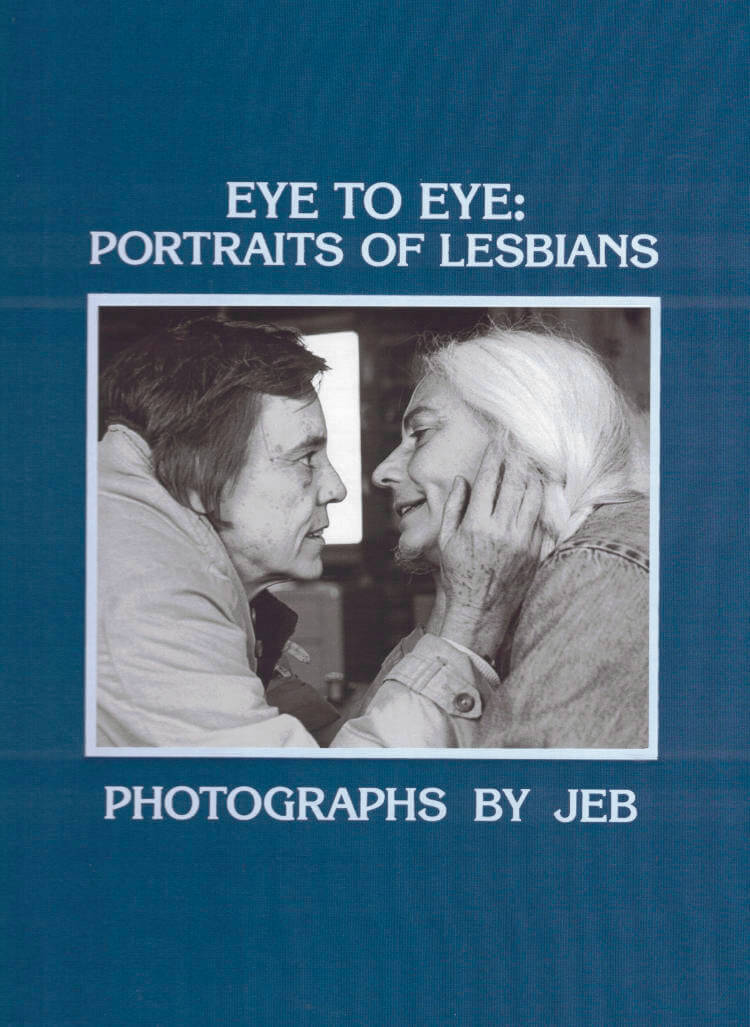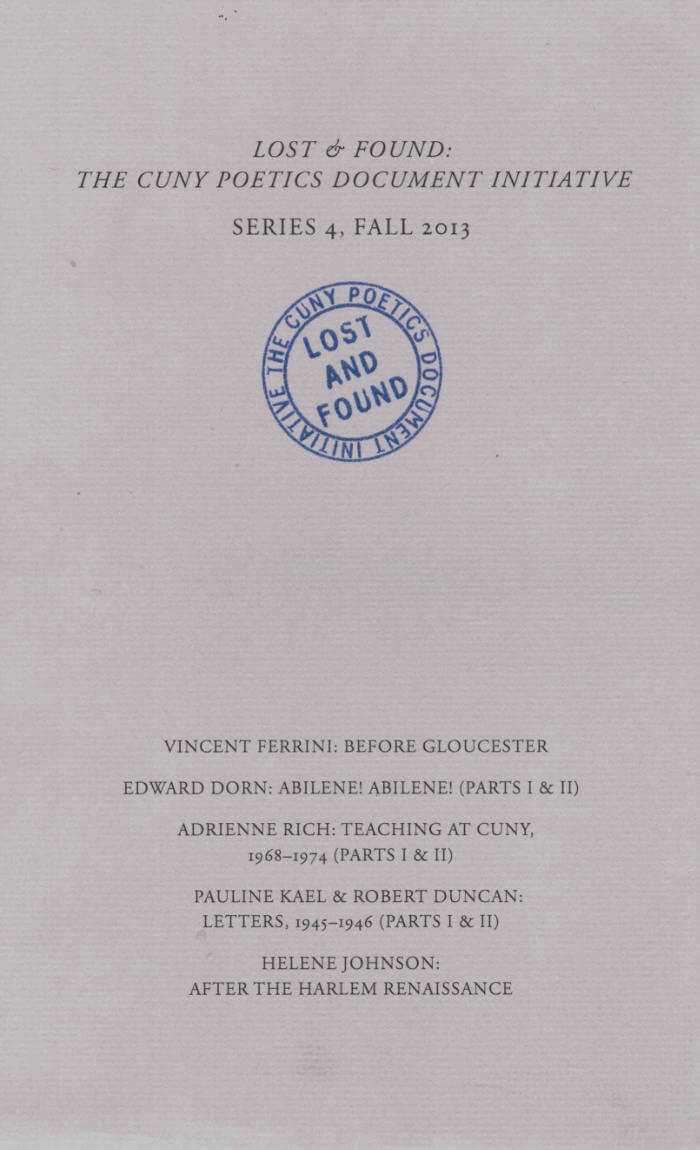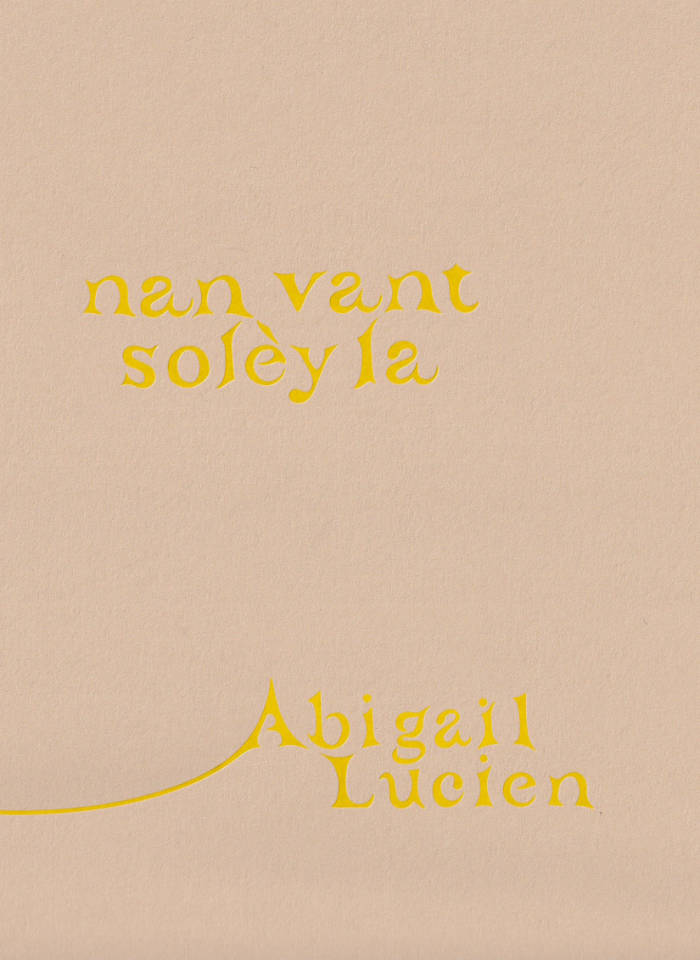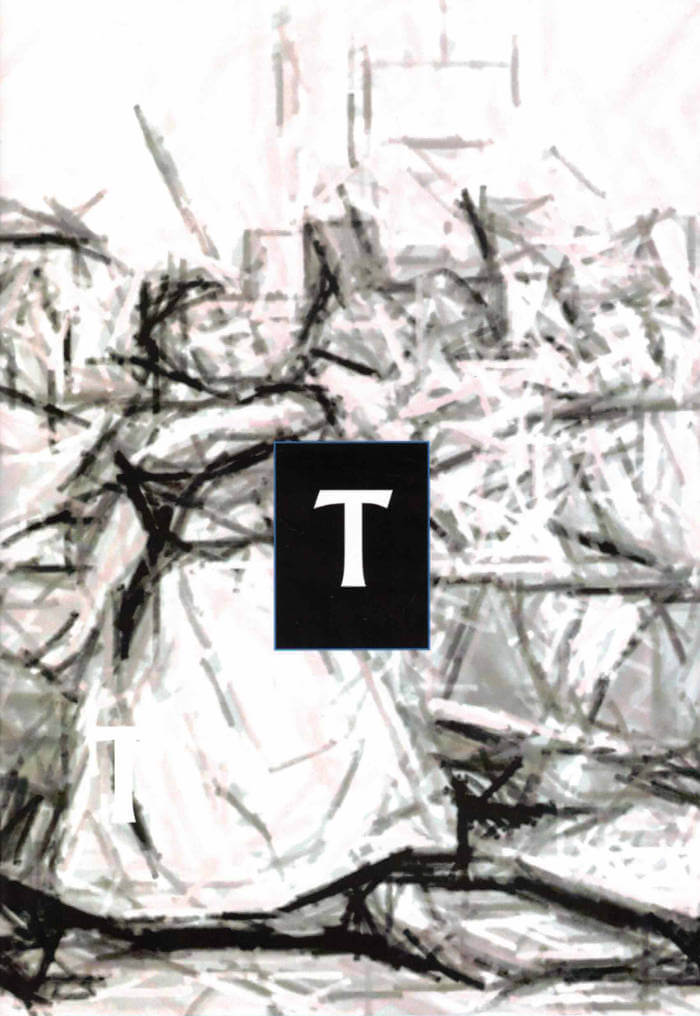
Eye to Eye: Portraits of Lesbians
In 1979, JEB self-published her first book, Eye to Eye: Portraits of Lesbians. In a work that was revolutionary for its era, JEB made photographs of lesbians from different ages and backgrounds in their everyday lives—working, playing, raising families, and striving to remake their worlds. The photographs were accompanied by writings from acclaimed authors including Audre Lorde, Adrienne Rich, Joan Nestle, and others. Various women pictured in the book also shared their personal stories. Eye to Eye signaled a radical new way of seeing, moving lesbian lives from the margins to the center, and reversing a history of invisibility. More than just a book, it was an affirmation of the existence of lesbians that helped to propel a political movement. Reprinted for the first time in forty years, Eye to Eye is a faithful reproduction of a work that still resonates today. This edition features additional essays from artist and writer Tee A. Corinne, former World Cup soccer player Lori Lindsey, and photographer Lola Flash.
Published in 2021 ┊ 120 pages ┊ Hardcover ┊ Language: English







